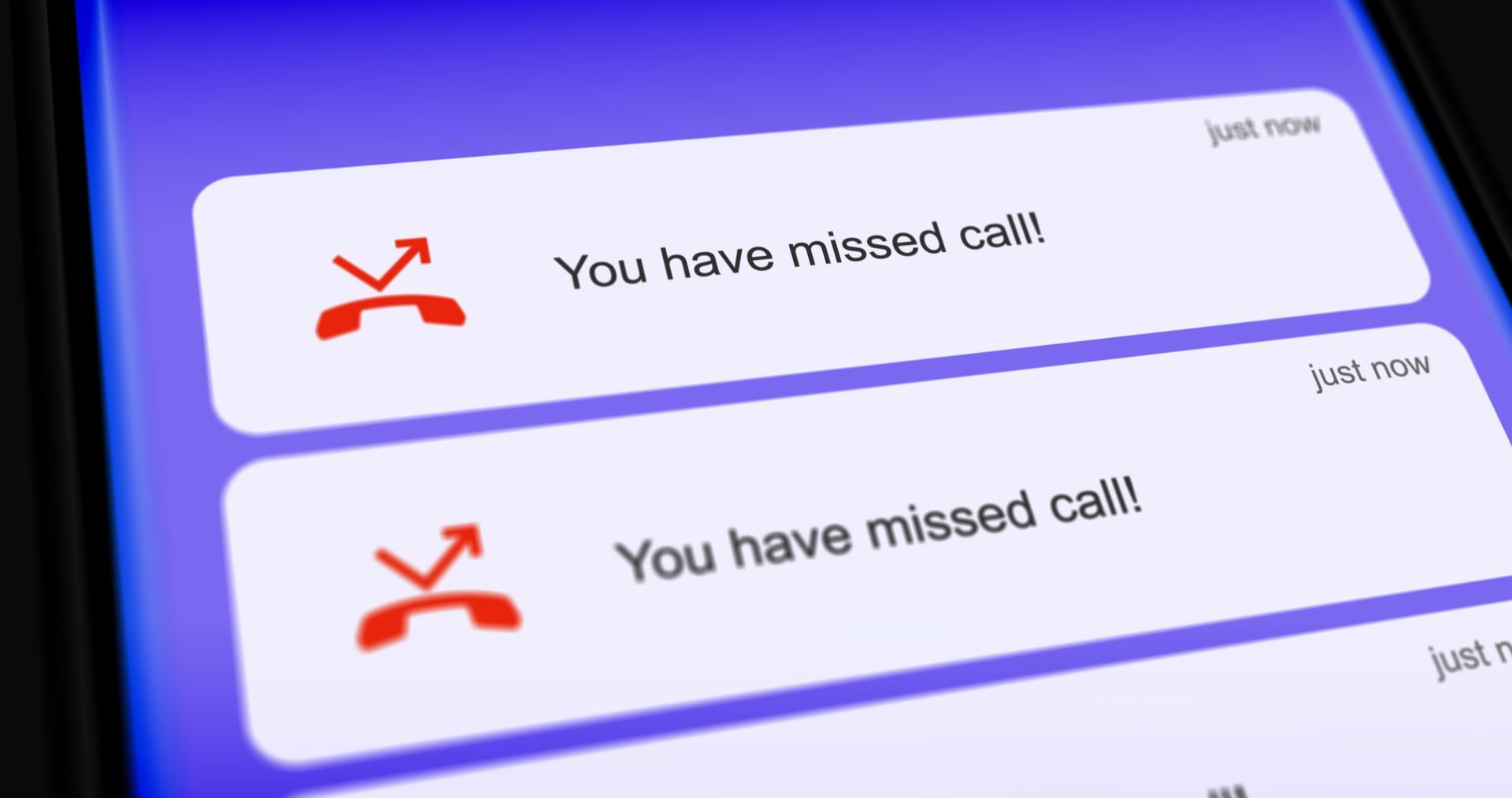HEADS UP! Educational post ahead. Again. Only this one isn’t quite as Tennessee specific as most of our previous ones have been. Today’s topic—life insurance. I realize this probably isn’t a page turner, but you may still want to forge ahead since there might actually be some thoughts included here which you’ve not thought. And why would I want to tackle such a mundane subject? Because oftentimes families depend heavily upon its presence, and oftentimes they are not only surprised but disappointed by the outcome of that dependence. To help avoid either of those end results, I suggest the following steps be taken as soon as possible:
Step 1 – Be sure you have life insurance to worry about. I realize that may sound somewhat self-serving, but life insurance isn’t just for funeral expenses. There are a tremendous number of after death obligations that can financially stretch even the most frugal of families, and life insurance can help ease those monetary burdens.
Step 2 – Be sure you know what type of insurance you have or are planning to purchase. Sometimes families bring us insurance policies that only pay if death occurs due to an accident . . . or cancer . . . or a host of other reasons, and if none of those circumstances brought about the death, then that policy isn’t going to pay anything.
Step 3 – Check your beneficiaries. This is especially important if there’s a good chance that beneficiary is already deceased. Unfortunately, this happens most often when one spouse dies leaving the other to not only deal with the grief but also the business of Death. There are details that will fall between the cracks and changing the beneficiaries on any existing life insurance is usually one of those. I realize it should be obvious, but I’m gonna say it anyway. Dead people can’t collect on someone’s life insurance, and that can complicate matters unnecessarily. If your beneficiary has predeceased you, and you don’t have a contingent named (kindly see step 4), the insurance company may only pay the proceeds to an estate. Also, if you name someone under the age of 18 as your beneficiary, unless they have a legally appointed guardian, the insurance company can hold the proceeds of the policy in trust until that person reaches the magical age of adulthood.
Step 4 – If you don’t have a contingent beneficiary, add one to your policy. For those who are unfamiliar with that terminology, a contingent beneficiary is someone who will collect on your life insurance if the first person you named—your primary beneficiary—is deceased or for some other reason cannot collect on the policy.
Step 5 – If you have definite plans for your life insurance, and you want to be certain those plans are carried out, be sure you can trust the person or persons you’ve named as your primary and contingent beneficiaries. Without some type of contractual agreement in place, once the beneficiary is paid by the insurance company, they can do whatever they choose to with the money.
Step 6 – Be aware that most standard life insurance policies have a two year contestable period. This means that for the first two years you have the policy, it won’t pay the death benefit without requesting a lot of information (unless your death is due to an accident). If you answered the health questions honestly and your medical records prove you were unaware of any pre-existing conditions that contributed to your death, there’s a good chance the policy will still pay; however, if the company isn’t convinced of your lack of knowledge, they’ll pay your family back the premiums you’ve paid plus interest—but not the death benefit of the policy.
Step 7 – If you decide to replace a life insurance policy with a brand new one, be sure it doesn’t come with a brand new contestable period. Some policies do. Some policies don’t. Be absolutely certain which one you’re investing in so your family isn’t surprised if something happens to you within the first two years of the policy’s life.
Side note – If your life insurance policy accumulates cash value, it’s entirely possible that someday a representative of Medicaid will look at you or your family and say it has to go away. They consider that cash value an asset someone can use if they enter a nursing home—and they don’t want to pay if you have access to cash you can use instead. If this happens just remember . . . you can irrevocably assign that policy to a funeral home to assist with prepaying for your funeral. You don’t have to cash out the policy, Medicaid doesn’t get to claim the funds, and a fairly certain future expense will have been addressed.
Is this everything you need to know about the wonderful world of life insurance? Absolutely not. But for those who are concerned/interested, this is a good start—one that will hopefully prevent future problems when it comes time to start filing claims. And if you have any questions about your existing policies, then by all means, contact your agent and continue the discussion with them.
About the author: Lisa Shackelford Thomas is a fourth generation member of a family that’s been in funeral service since 1926. She has been employed at Shackelford Funeral Directors in Savannah, Tennessee for over 40 years and currently serves as the manager there. Any opinions expressed here are hers and hers alone, and may or may not reflect the opinions of other Shackelford family members or staff.













